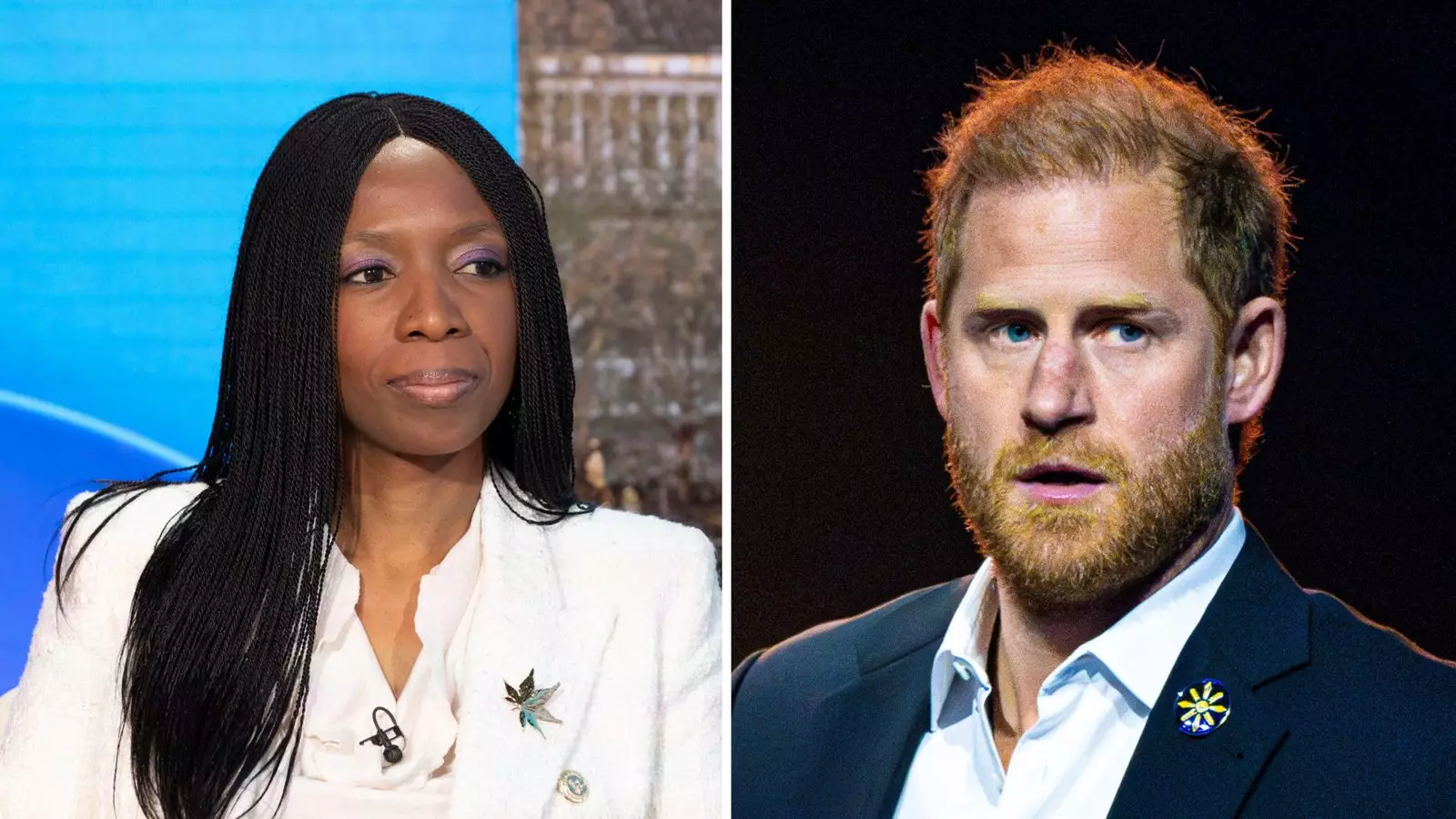The recent tumult surrounding Sentebale reveals just how precariously fragile leadership can be within the nonprofit sector. It’s not merely a matter of internal disagreements or personnel conflicts; it exposes the broader systemic issues that hamper transparency and accountability. When influential figures like Prince Harry and Chair Sophie Chandauka clash publicly, it underscores a dangerous tendency: personalities overshadow purpose. Charitable organizations thrive on trust—trust that their mission remains untainted and that governance operates with integrity. When disputes spill into the media, this foundation erodes quickly. It’s a stark reminder that leadership, especially in causes as vital as fighting HIV/AIDS, must be rooted in humility and shared vision, not ego or reputation management. The Sentebale controversy exposes the peril of allowing personal ambitions to overshadow the collective good that defines truly impactful philanthropy.
Public Disputes as a Symptom of Systemic Flaws
Rather than being isolated incidents, high-profile disagreements like this flagship controversy are symptomatic of deeper governance flaws within charities. Too often, nonprofit boards are populated by well-meaning individuals unprepared for the complex dynamics of leadership, especially when intertwined with familial or royal connections. The absence of robust checks and balances can lead to an environment where conflicts become personal rather than strategic. The Charity Commission’s intervention, while necessary, seems to have merely scratched the surface. It served more as a slap on the wrist rather than a catalyst for meaningful reform. The fact that blame was distributed across multiple parties indicates a failure of oversight rather than a simple moral failing on one side. Charities must evolve beyond consensus-by-complaint and foster cultures where disagreements are addressed internally and constructively, not through media campaigns or public disputes that damage trust and donor confidence.
Media as a Double-Edged Sword in Charity Leadership
The role of media in amplifying internal conflicts within Sentebale illustrates the perilous power of publicity. On one hand, transparency is vital; stakeholders and the public should be informed. On the other, sensationalized coverage can distort facts, inflame tensions, and hinder reconciliation efforts. Sophie Chandauka’s decision to speak publicly on Sky News exemplifies how transparency can sometimes backfire, especially when done without a clear strategy or consensus. For Prince Harry, whose personal brand remains intertwined with his charitable efforts, media exposure complicates matters further. While raising awareness is crucial, the risk lies in becoming a distraction from the core mission. Charities need to develop internal protocols for handling disputes that balance accountability with discretion—serving the interests of the cause, not just public perception. When conflict becomes a spectacle, it jeopardizes credibility not only for those involved but for the sector at large.
The Emotional Underpinnings of a Charitable Crisis
At its core, this controversy is more than a procedural dispute; it touches on deeply emotional investments from those who founded, lead, and support Sentebale. The foundation’s origin story—built around personal tributes to loved ones and a passionate desire to support vulnerable youth—adds intense emotional weight to any conflict. Prince Harry’s commitment to tackling HIV/AIDS and mental health issues in Lesotho and Botswana is rooted in personal history and compassion. When that commitment is challenged publicly, it feels like a personal attack on his integrity and the values he cherishes. The deficit of trust magnifies the pain felt by the stakeholders, who see the charity’s mission endangered by internal discord. Such emotional stakes are often underestimated but are critical to understanding why disputes escalate and linger. Restoring trust, therefore, requires not just procedural fixes but genuine reconciliation that respects the passion behind the cause.
The Future of Sentebale: Rebuilding Hope Amidst Turmoil
Despite the damage, there remains an underlying hope that Sentebale can emerge stronger. The Charity Commission’s monitoring and the ongoing regulatory action plan highlight a chance for institutional reform. The focus must shift from blame to repair—a process that involves transparent communication, humility from leadership, and renewed dedication to the organization’s founding mission. For Prince Harry, this crisis serves as a moment of reflection: Can he navigate the complicated landscape of public service while respecting the internal governance of the organizations he cares about? The young people relying on Sentebale deserve unwavering commitment, free of scandal or conflict. As the charity moves forward, the true test lies in whether it can restore its reputation without sacrificing integrity or its core mission. This healing process necessitates embracing accountability, reforming flawed structures, and fostering a sense of shared purpose that transcends personal disagreements.


Leave a Reply